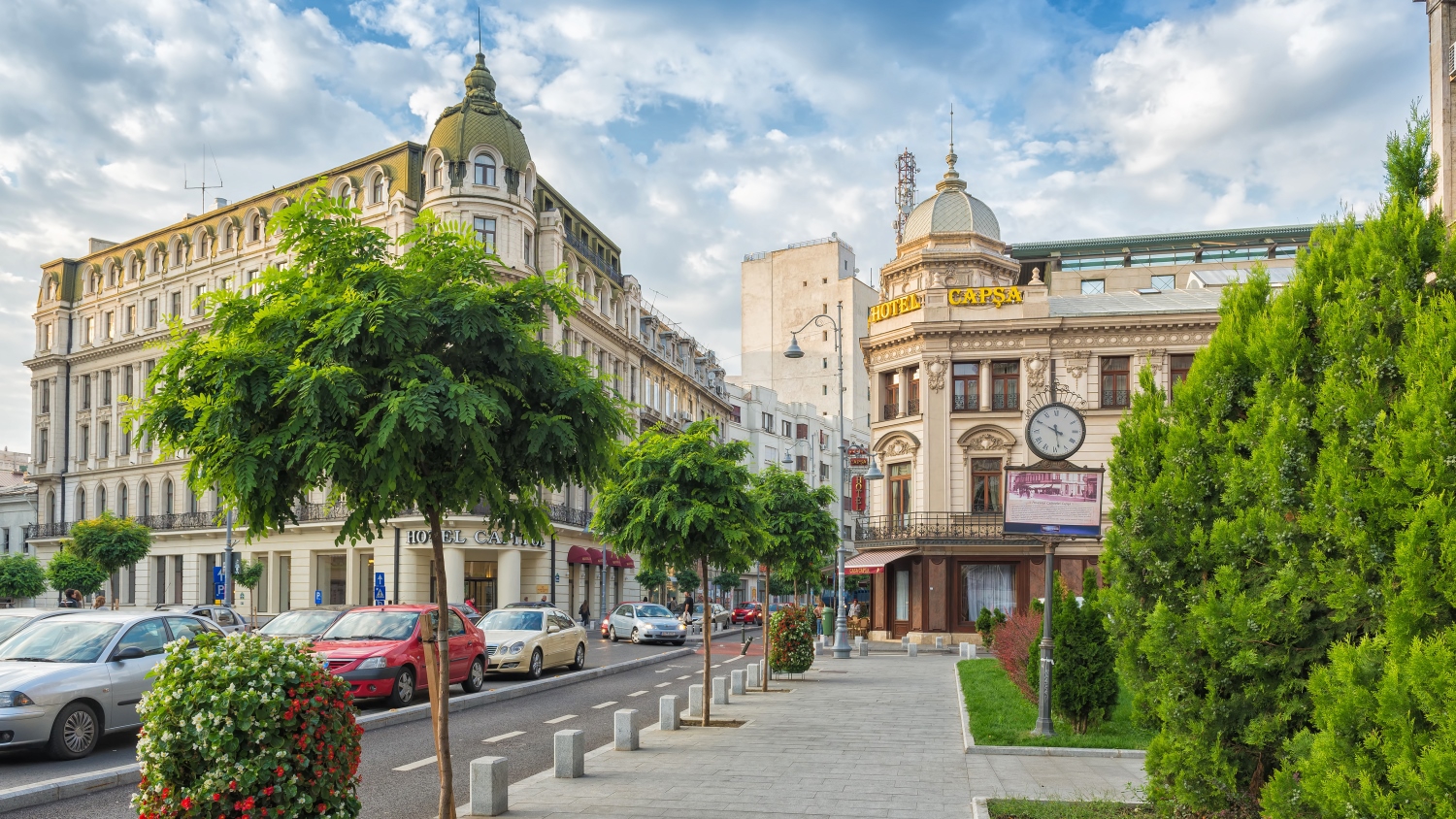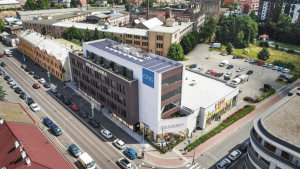
The hotel market in Romania could become more diverse throughout the next year as a result of new brands entering the market by means of leasing or partnership contracts with real estate developers as an alternative to the management or franchise contracts. Such a business model will lead to the relaunch of the hotel market and will offer, at the same time, the possibility for real estate developers to diversify their portfolio, according to Colliers International.
Although in the last three years the hospitality industry in Bucharest has grown constantly, as far as the occupancy rate and the average daily rate are concerned, according to market analysis made by Colliers International, there were few new projects on the market. This was the result of powerful brands wishing to expand exclusively through management or franchise contracts with developers. Nonetheless, these contracts are seen by developers as less predictible when talking about the generated cash-flow and, therefore, more risky.
Recently, however, young German, Austrian and Polish brands that have already covered the hotel market in their homeland have started looking for expansion opportunities in emerging markets from South-Eastern Europe. On the Romanian market, such brands have started discussions with real estate developers, and have even proposed the co-financing of projects. We’re talking about developers who already have some experience in the hotel industry or who have enough plots of land to pursue diversifying their portfolio through development partnerships or leasing contracts.
„Currently, there is a gap between the brands’ desire to expand and the developers’ low appetite for hotel properties. Taking into consideration the new trends, we expect this gap to gradually decrease, which will encourage the entrance of new players, the development of new projects and, consequently, the relaunch of the hotel market”, said Raluca Buciuc, Associate Director Valuation Services and Hospitality Advisory Services at Colliers International.
In Bucharest, areas that favour such projects are Old Town, Floreasca-Barbu Vacarescu and Calea Victoriei. Old Town has the advantge of old buildings that can be reconverted, while Calea Victoriei still has available plots of land, but at a very high price. In turn, Floreasca-Barbu Vacarescu area is very attractive due to its position as a renowned office area in Bucharest and the possibility to acquire land available for developement and at a reasonable price.
„As far as costs are concerned, the hotel brands’ option to lease buildings in such areas is profitable. For a hotel, the value of the rent corresponds to 20% of the turnover and can be similar to the one paid by tenants in office buildings”, concluded Raluca Buciuc.
In the past two years, the hotel market in Bucharest has developed considerably, and that can be seen in the increased number of tourists (a 63% growth in the last 5 years) and in the high occupancy rate especially in four and five star hotels (an average of approximately 75%). Moreover, the development of main office areas continue to influence the potential of the hotel industry’s business sector, as this year will see the beginning of the construction of a new hotel affiliated to Marriott Courtyard in the Floreasca-Barbu Vacarescu area.



